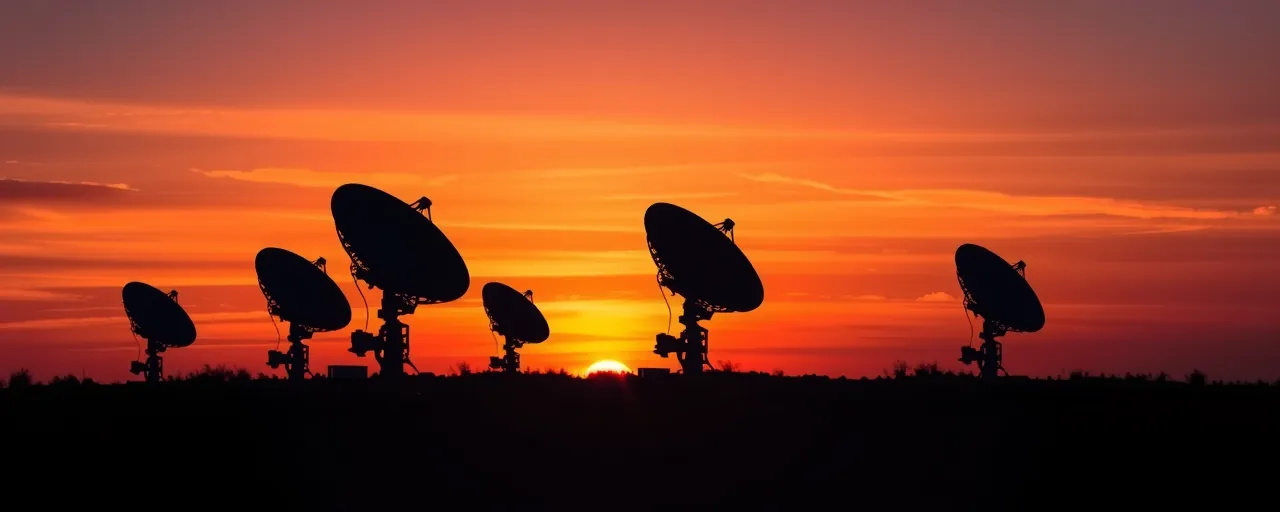Maxwell Hosts a Strategic Summit
Maxwell Air Force Base in Alabama buzzed with ideas from May 6 to 8, 2025. The National Security Forum, a tradition since 1954, drew senior military leaders, foreign officers, and civic figures to discuss global challenges. Hosted by the Air War College, the event tackled everything from Pacific tensions to the Russia-Ukraine conflict, but one topic stood out: the growing importance of space in national defense.
Keynote speakers, including Acting Under Secretary of the Air Force Edwin Oshiba, Air Force Chief of Staff General David Allvin, and U.S. Space Forces–Space commander Lieutenant General Douglas Schiess, set the tone. They explored how space influences modern warfare and global stability. Oshiba called the forum a unique opportunity to build partnerships that shape defense priorities.
The discussions reflected a shift in U.S. strategy. Space is now a critical domain, demanding new technologies and alliances to deter adversaries like China while protecting the homeland. For attendees, the forum offered a chance to grapple with these realities and chart a path forward.
Space as a Defense Frontier
Space is no longer just a backdrop for satellites; it’s a contested arena. Lieutenant General Schiess emphasized that Space Force capabilities are vital to military operations and everyday life, from navigation to communication. He stressed the need to defend these assets to maintain the joint force’s ability to operate effectively.
Recent Pentagon plans, detailed in the April 2025 Space Force Doctrine Document, outline ambitious goals. New missions include space-based missile defense, orbital strikes, and systems to counter enemy satellites. These efforts aim to address threats from nations like China, which has invested heavily in anti-satellite technologies.
Still, the push to arm space sparks debate. Some experts warn that escalating military presence in orbit could heighten global tensions, risking conflicts that ripple back to Earth. Others argue that strong space defenses are essential to safeguard critical systems, like GPS, that billions rely on daily.
Alliances in a Complex World
Partnerships took center stage at the forum, especially in the Indo-Pacific. The U.S. leans on allies like Japan, Australia, and South Korea to counter China’s growing influence. The 2025 Pacific Deterrence Initiative allocates $9.9 billion for joint exercises, infrastructure, and training to strengthen these ties.
Supporters of diplomacy highlight the power of collective action. NATO’s coordinated aid to Ukraine, backed by over $200 billion in U.S. and allied investments, shows how alliances enhance security. Joint efforts, like the AUKUS submarine deal, also boost interoperability and share costs.
Yet balancing these partnerships with domestic needs is tricky. With budget pressures and competing defense priorities, some at the forum likely questioned how much the U.S. can commit abroad. These tensions underscore the delicate dance of maintaining global influence while addressing homefront demands.
A Roadmap for Tomorrow
The National Security Forum connects past wisdom with future challenges. General Allvin, in his closing remarks, described the current moment as pivotal. He urged leaders to use their insights to shape decisions that integrate space into broader defense strategies.
For everyday people, the forum’s focus on space hits closer to home than it seems. Space systems power everything from internet access to disaster response. Protecting them while navigating rivalries with nations like China and Russia will define global security for years to come.
As Maxwell’s conversations echo beyond the base, the partnerships built here will guide how the U.S. and its allies face an evolving world. Space, once a distant frontier, is now a core part of that journey, demanding innovation, cooperation, and strategic clarity.
